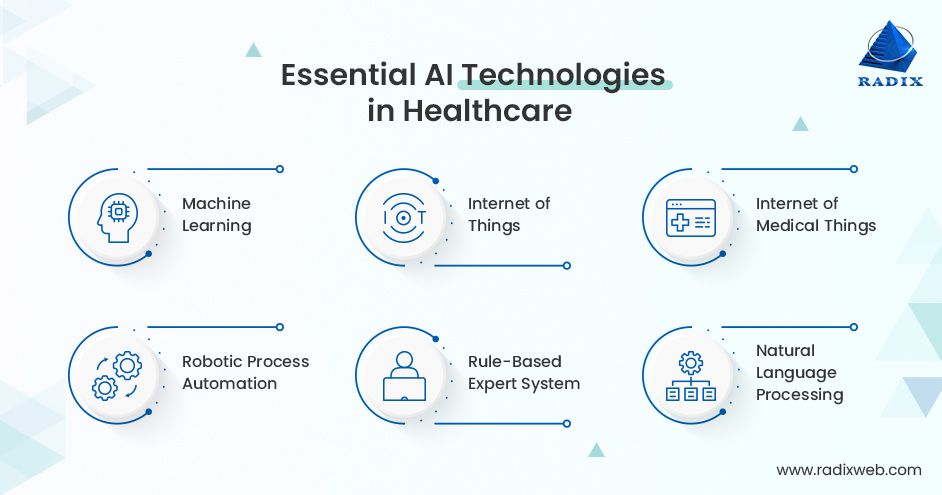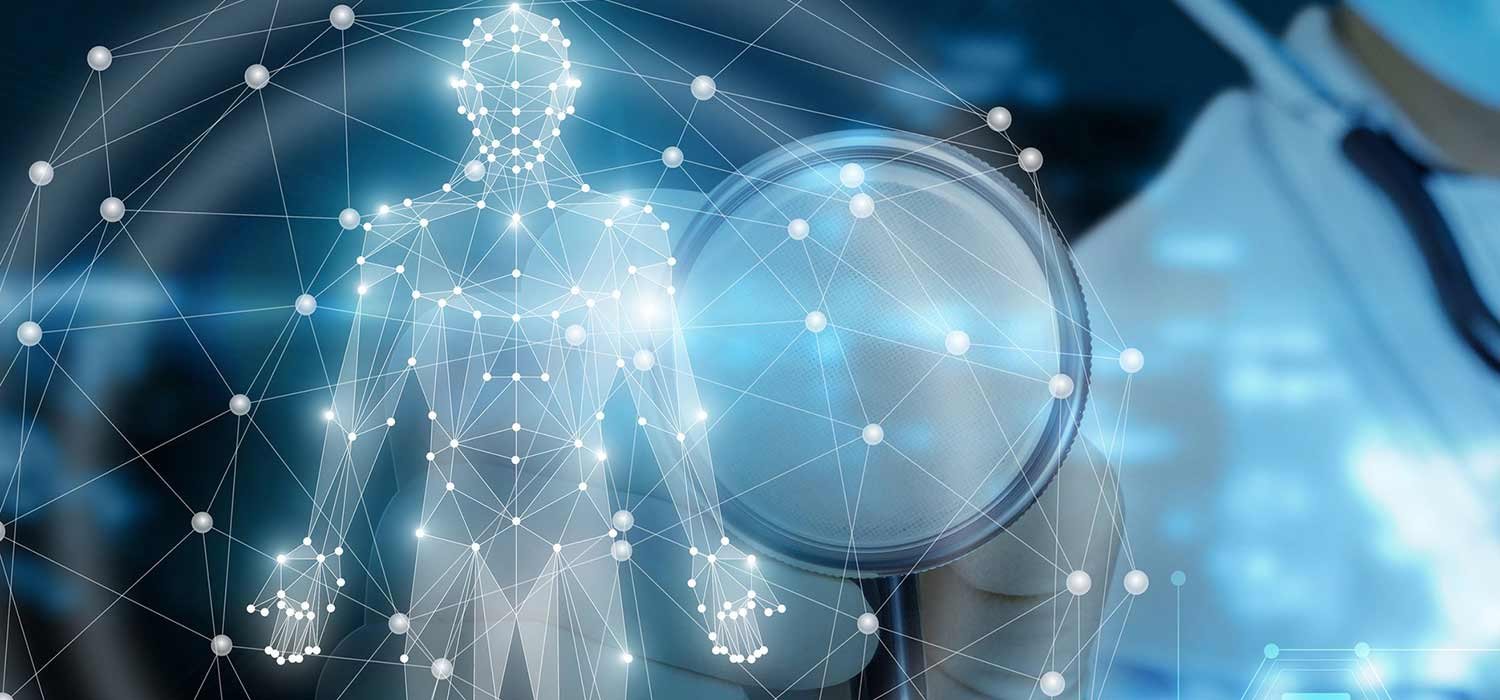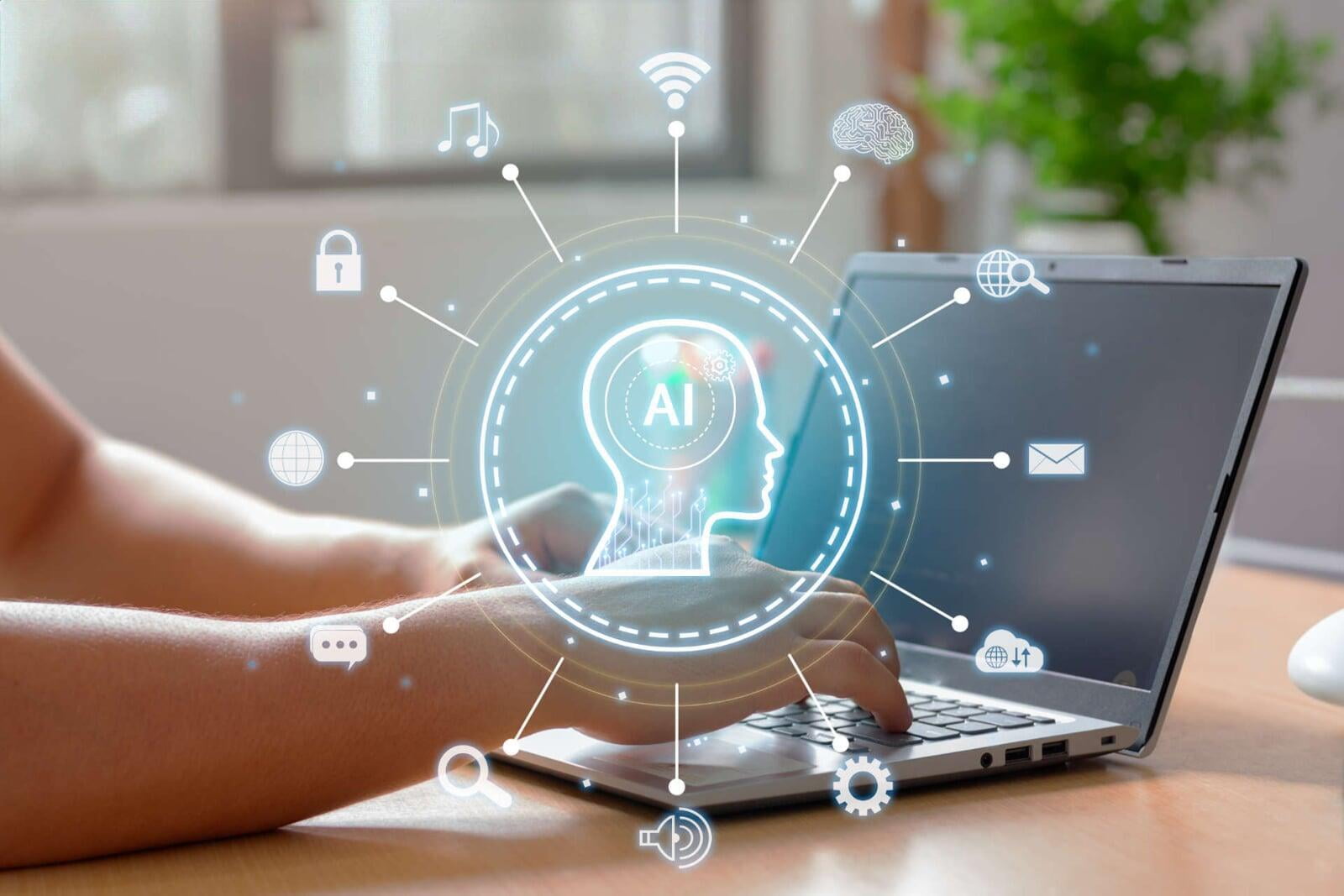
The Rise of AI in Modern Healthcare: Transforming Patient Care
Artificial Intelligence (AI) has rapidly become a transformative force in many industries, notably in healthcare. With advancements in machine learning, the ability to analyze vast amounts of data is paving the way for improved patient care, diagnosis, and treatment plans.
Revolutionizing Diagnoses
The integration of AI into diagnostic processes allows for incredible accuracy and efficiency. Systems powered by AI can analyze medical images, such as X-rays and MRIs, detecting issues that may elude even the most experienced radiologists. A recent study found that AI outperformed human experts in identifying certain types of tumors, showcasing its potential to save lives.
 AI’s role in diagnostics is reshaping traditional practices.
AI’s role in diagnostics is reshaping traditional practices.
Many hospital systems are now implementing AI tools in their workflows. The Mayo Clinic has adopted AI technology to streamline its diagnostic services, improving turnaround times significantly. By harnessing the power of predictive analytics, healthcare providers can identify at-risk patients much earlier, allowing for timely intervention and care.
Enhancing Personalized Medicine
One of the most exciting developments in AI is its capability to support personalized medicine. By leveraging patient data, including genetics, lifestyle, and environmental factors, AI can help tailor treatments to individual needs. This not only improves outcomes but also minimizes adverse effects by identifying the most appropriate therapies for each patient.
AI algorithms are now being used to analyze genetic sequencing reports, predicting responses to specific medications. This evolution in treatment protocols means doctors can offer more accurate prescriptions, preventing trial-and-error approaches that often lead to patient frustration and potential harm.
Improving Operational Efficiency
AI isn’t limited to diagnostics and personalized treatments; it is also enhancing operational efficiencies within healthcare facilities. Automation of administrative tasks, such as scheduling and billing, allows healthcare providers to allocate more time to patient care. For instance, Cleveland Clinic has implemented an AI-driven scheduling tool, reducing wait times and improving patient satisfaction ratings significantly.
The ability of AI to predict patient inflow trends based on historical data means hospitals can prepare more effectively, optimizing staff allocation and resource usage. As these systems continue to evolve, the potential for further savings and improved patient experiences is immense.
 Innovative scheduling solutions enhance patient flow in healthcare facilities.
Innovative scheduling solutions enhance patient flow in healthcare facilities.
Data Security and Ethical Concerns
Despite the numerous advantages, the application of AI in healthcare does raise significant ethical and data security concerns. The sensitivity of health data means that strong protections must be in place to prevent unauthorized access or breaches. Ensuring patient privacy while using vast data sets is a formidable challenge that requires continuous monitoring and adapting of security protocols.
The Future of AI in Healthcare
As the AI landscape continues to advance, its integration into healthcare signifies a shift towards a more efficient and personalized approach to medicine. The future holds promise as advancements are made not only in technology but also in ethical governance and data protection standards.
In summary, the adoption of AI in healthcare is altering how diagnoses are made and treatments are tailored. Though challenges remain, the potential benefits of these technologies offer a bright future for patient care, indicating a need for continued research and development.
“AI in healthcare has opened doors to possibilities we never thought possible just a few decades ago.” – Healthcare expert
As reported by various studies and expert analyses, the collaboration between medical professionals and AI systems may well lead to the best patient outcomes yet seen, firmly positioning AI at the forefront of the healthcare revolution.














